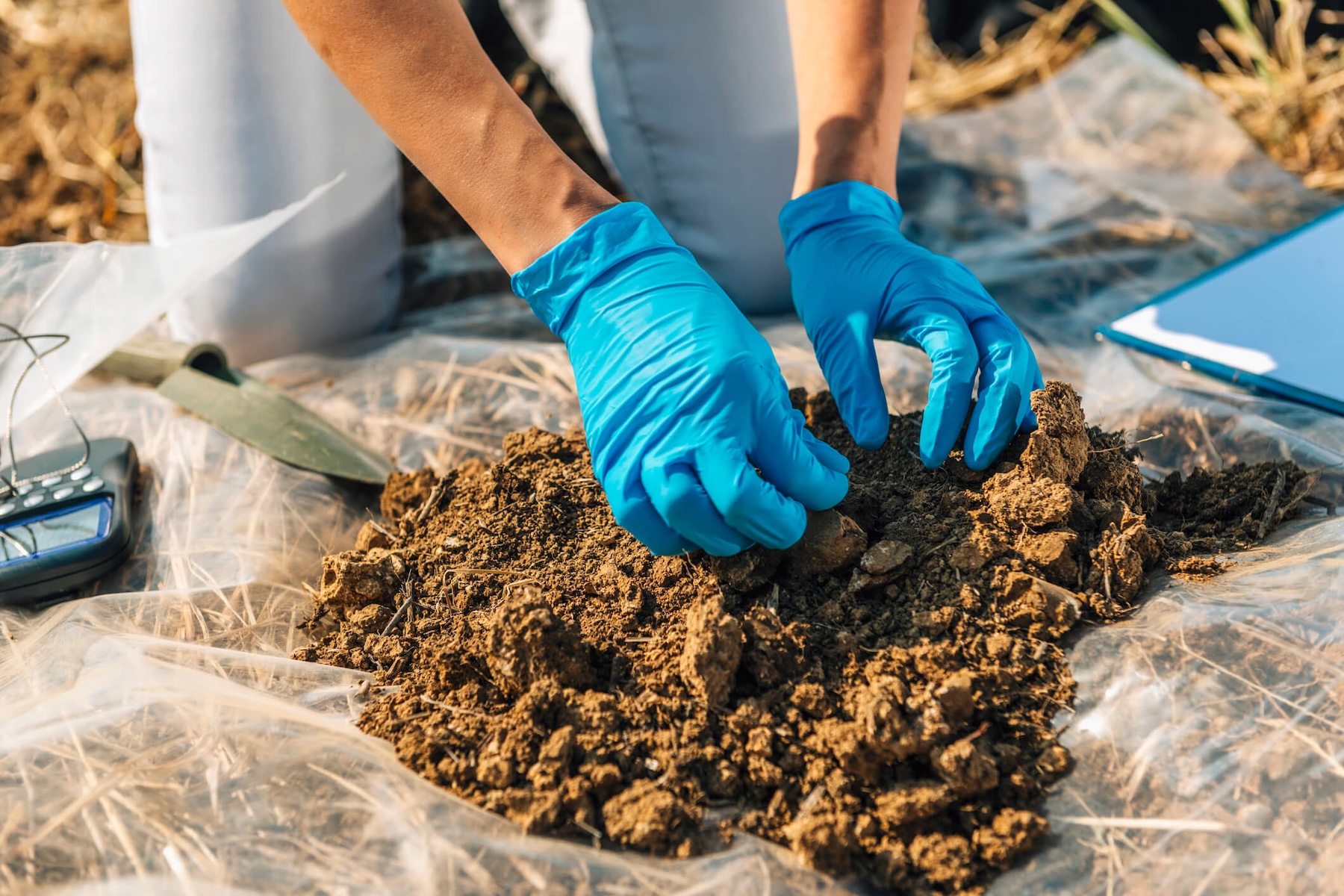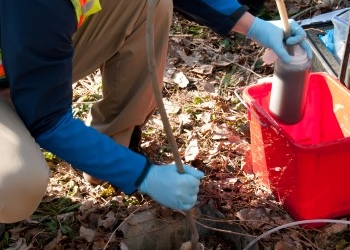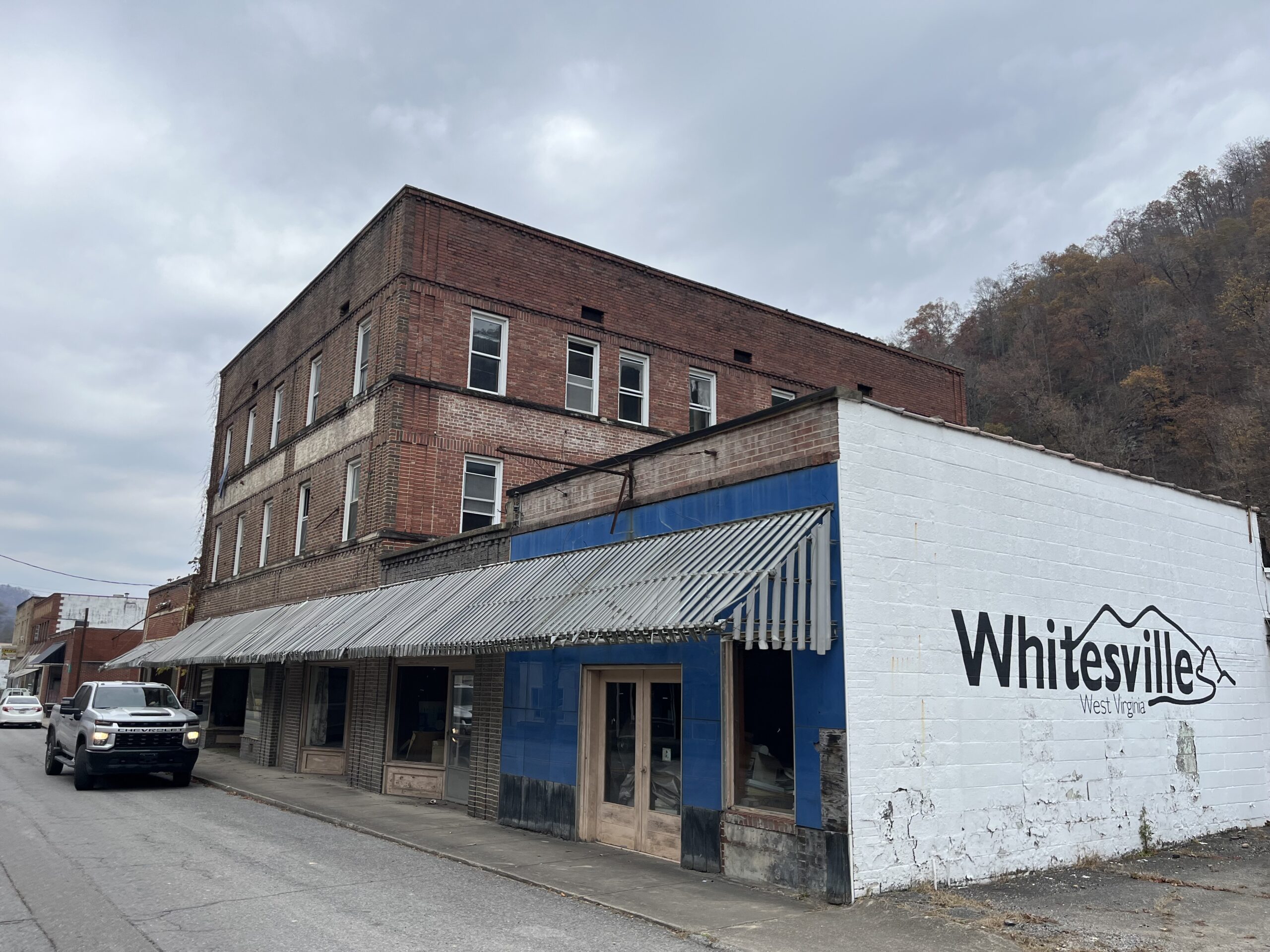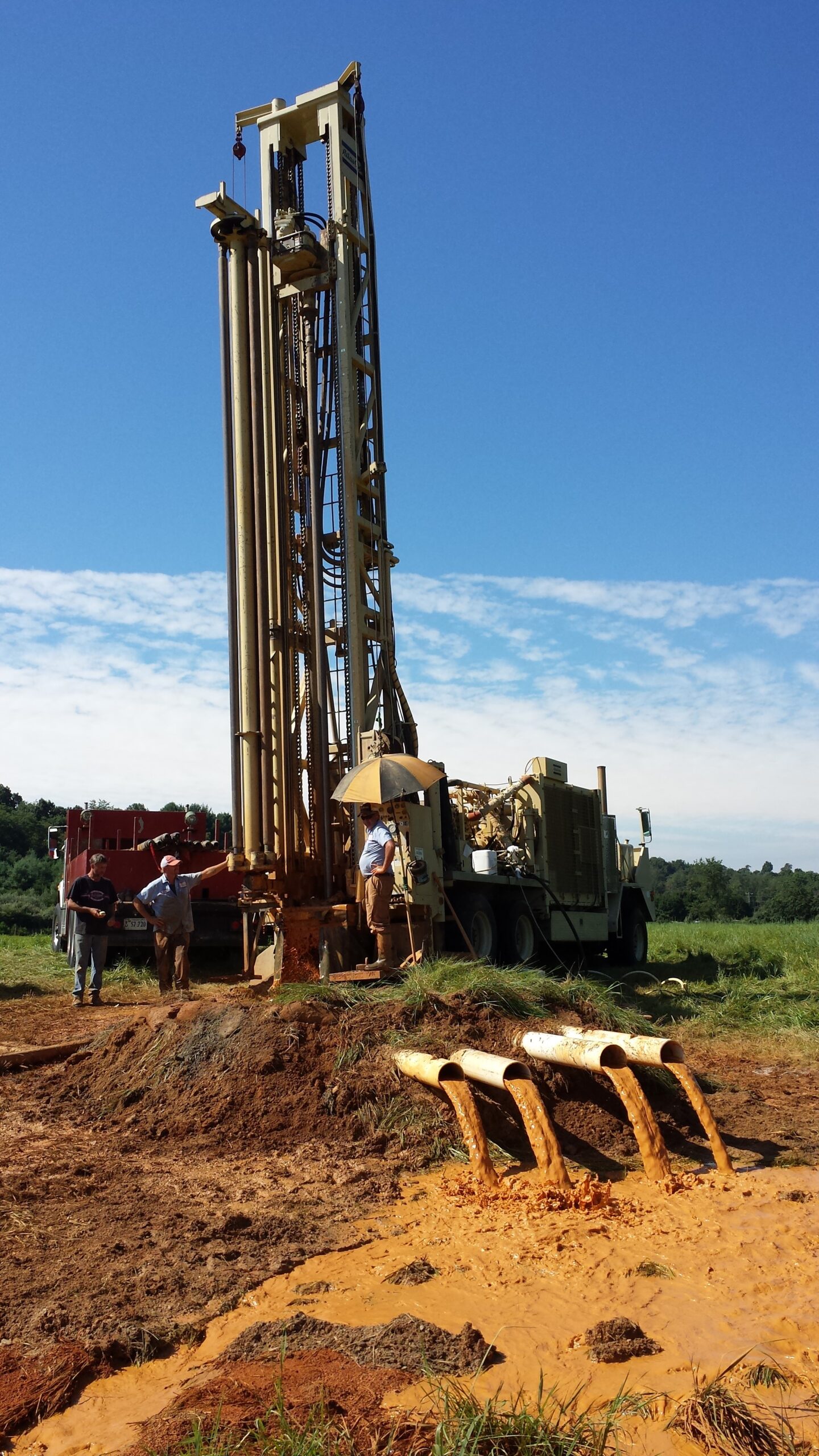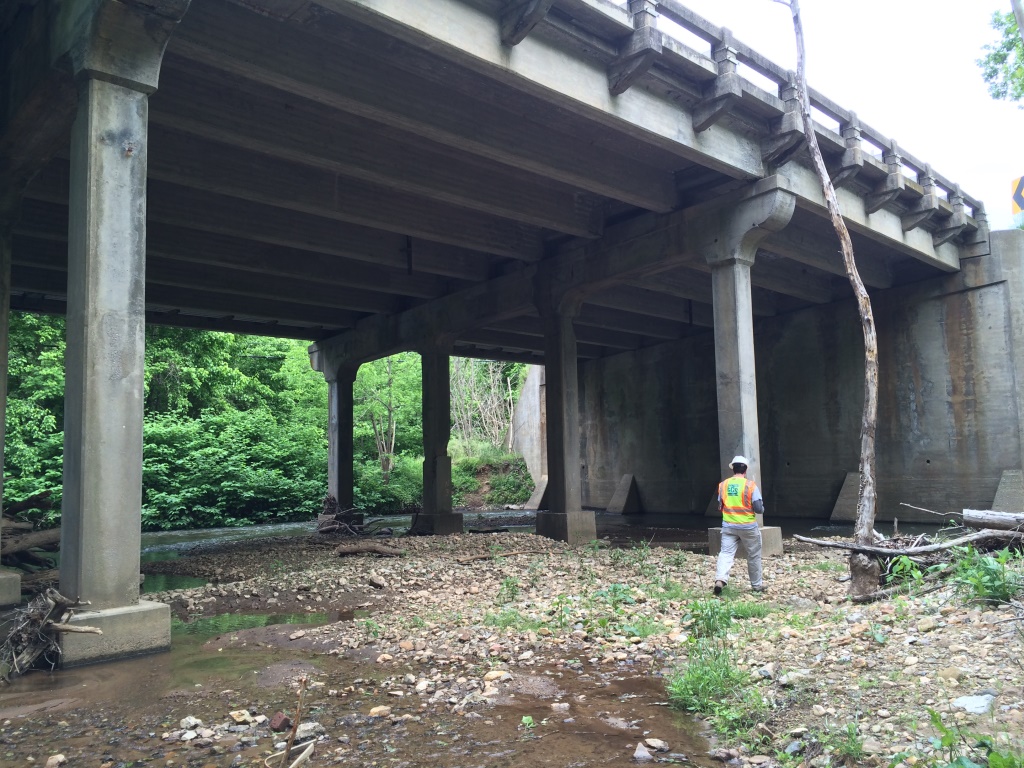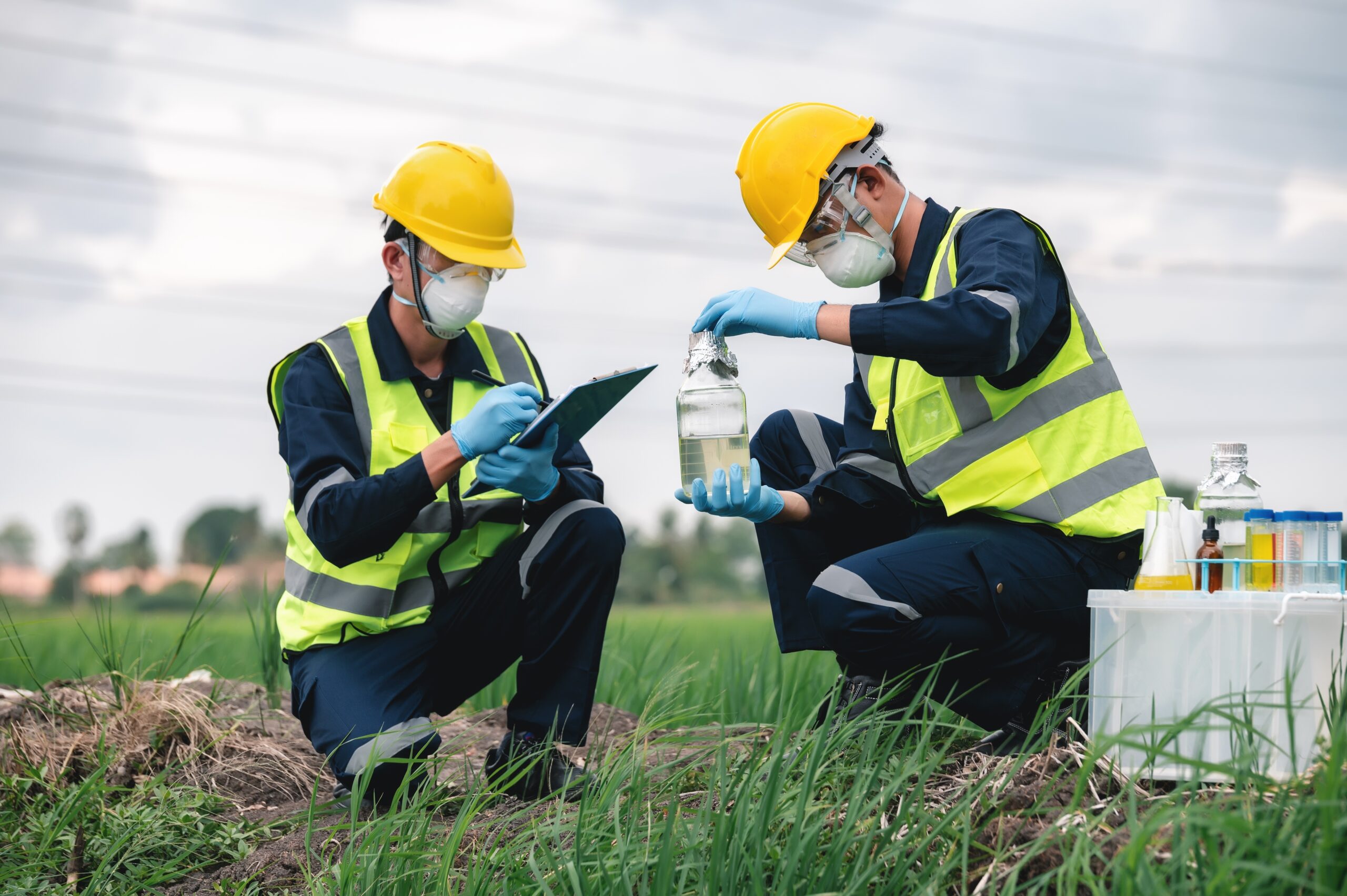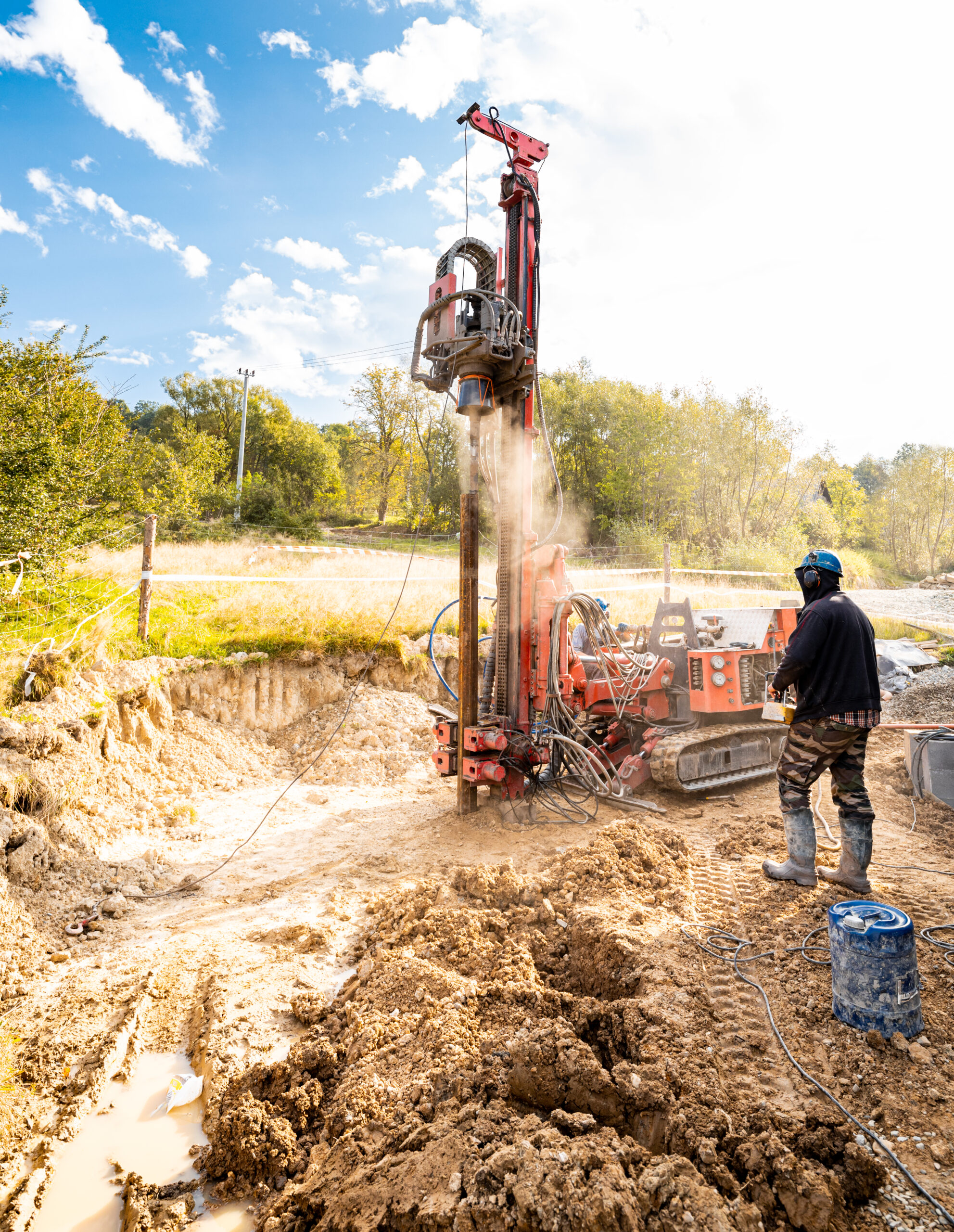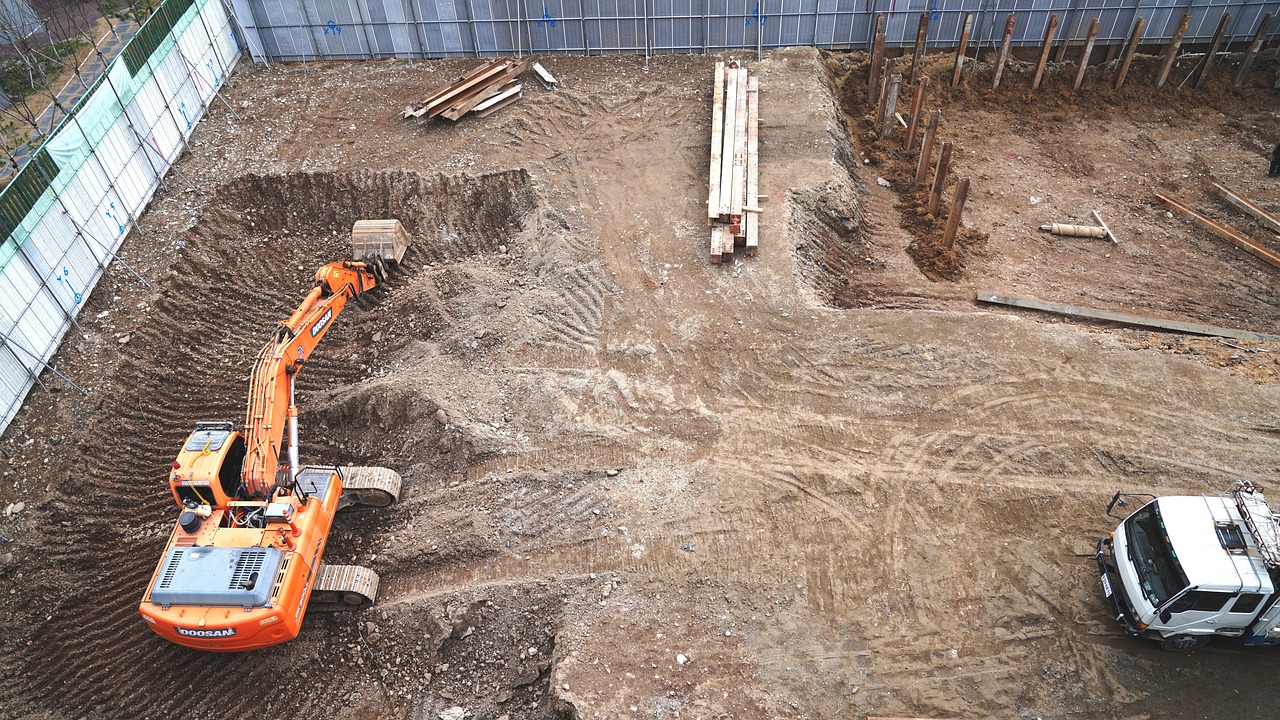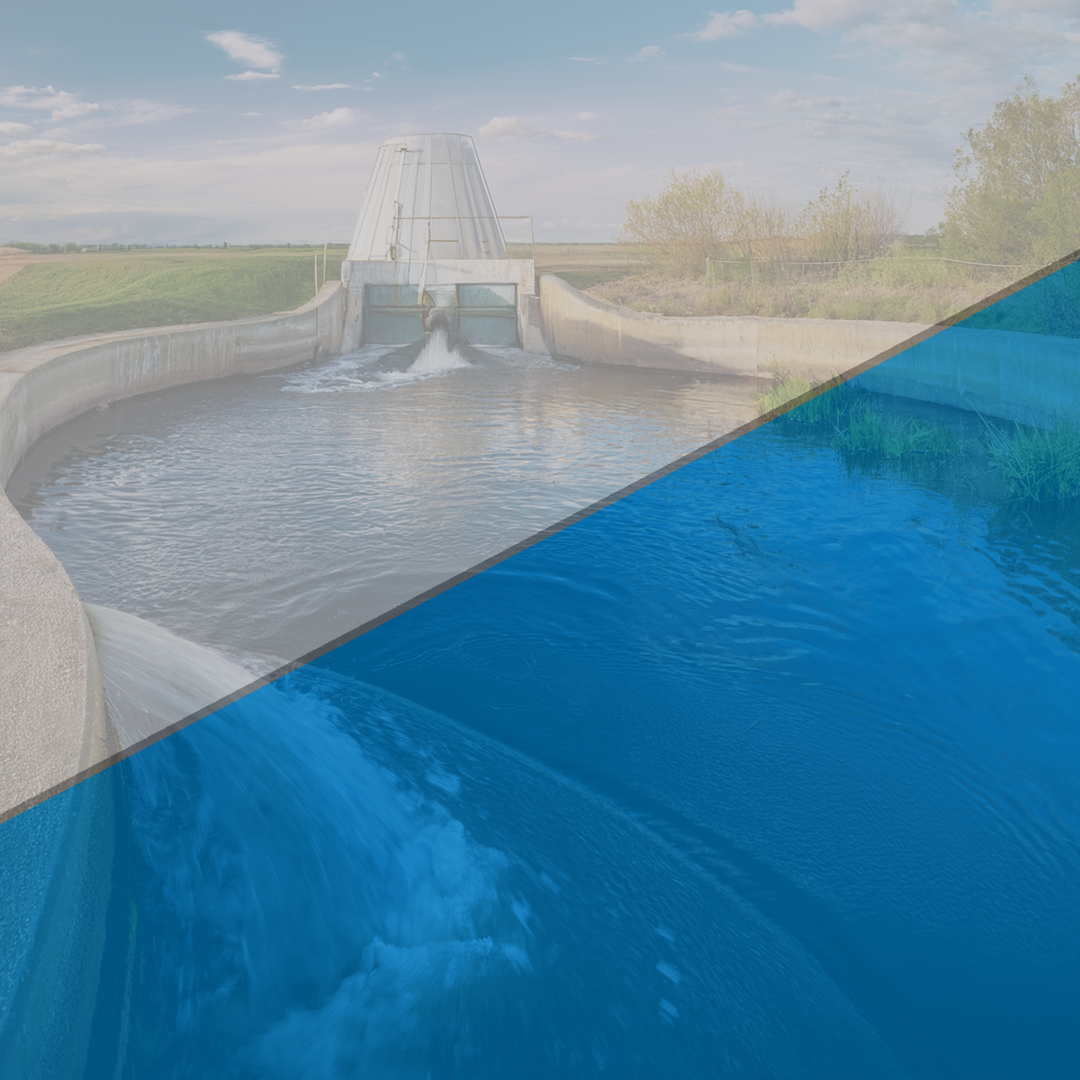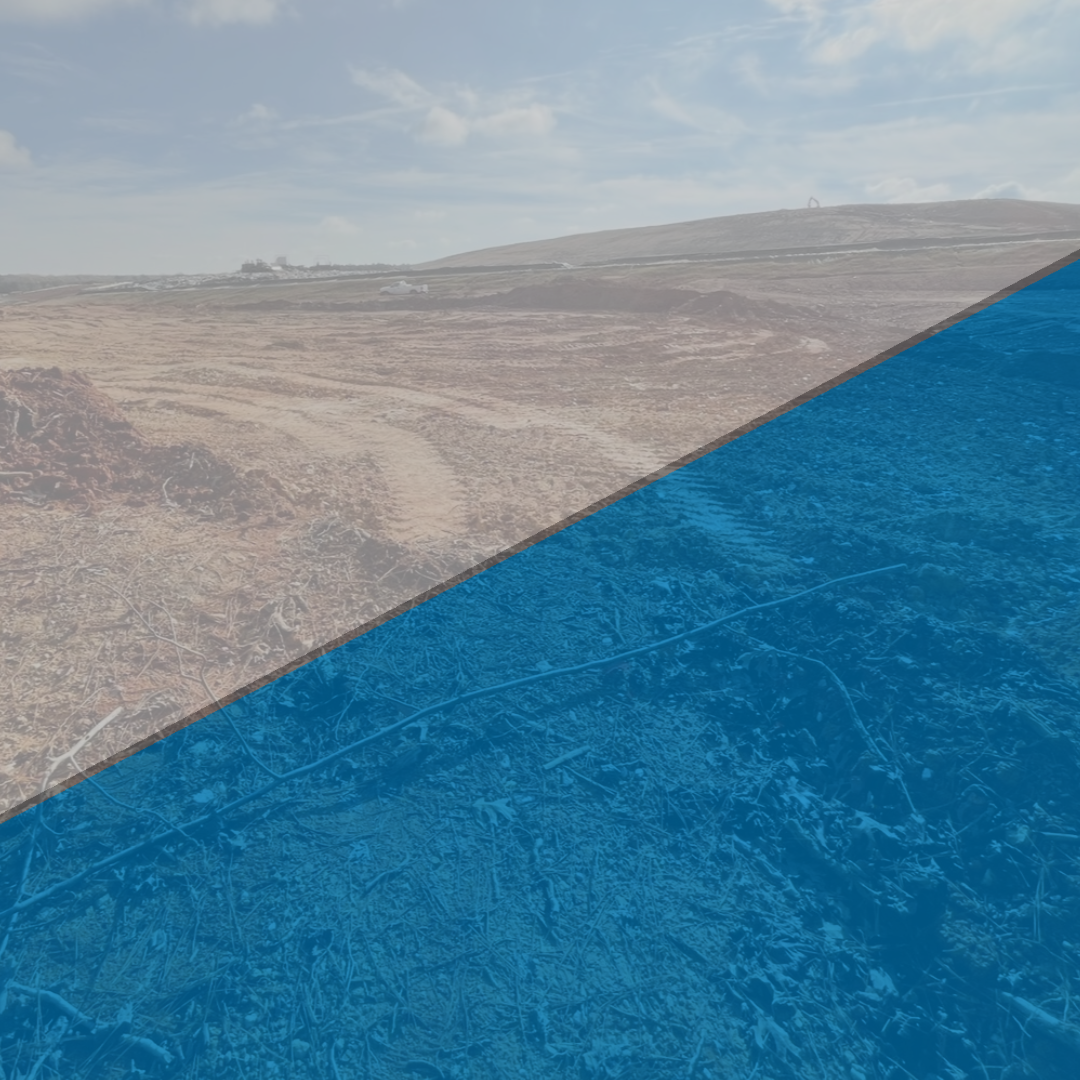Environmental due diligence is commonly requested by lenders and developers prior to property acquisitions, loan refinancing or site development, and typically begins with an assessment of potential environmental concerns at a property. Common environmental considerations include on- and off-site sources of contamination, nearby sensitive habitats and hazardous materials. Additionally, development considerations may include vapor intrusion and impact on historic resources.
With needs varying across projects, environmental due diligence is a proactive way to manage and reduce potential risks and impacts.


